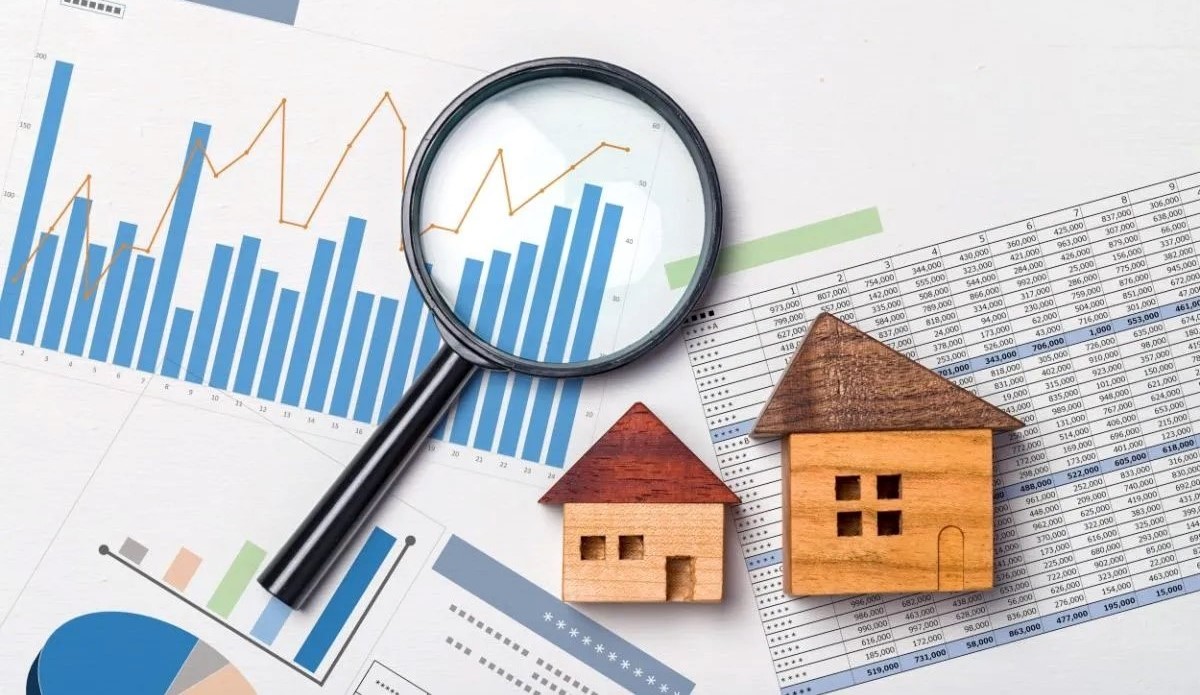Canada’s economy is slowing, and there are concerns that slowing population growth may amplify the issue. A new analysis from BMO shows no historical evidence to support a short—or medium-term correlation between real GDP and population growth. The bank pulled over 30 years of data and found the opposite—real GDP and population growth move in opposing directions.
Will Slowing Population Growth Make Canada’s Economic Downturn Worse?
The current narrative is that the booming population drives economic growth by boosting aggregate demand. More people consume more stuff, meaning the opposite must also be true. If Canada throttles its population growth, the country will see an adjustment period where the economy will slow, right?
“Not in the short term,” explains Douglas Porter, chief economist at BMO.
He adds, “There is a minority, but vocal, opinion out there that Canada could face a sharp economic slowdown if the recent rapid population growth rate is curbed abruptly. However, there is no historical evidence that even large changes in population growth have an outsized impact on near-term GDP growth trends.”
Canadian Population and Real GDP Growth Have An Inverse Correlation
The 12-month percent change in Canadian real GDP and population growth.
Source: BMO; Stat Can.
The bank provided the above chart showing annual real GDP and population growth. “It suggests that not only is there little immediate impact on growth, the correlation, in fact, has been negative over time,” he explains.
A negative, or inverse, correlation is the exact opposite of what most people have come to expect. These two indicators do the opposite—population growth is followed by falling real GDP, and vice versa. Even if population growth leads by a few quarters to allow the economy to catch up, the bank argues the historical evidence doesn’t show that.
“There is some evidence that the reverse may be true—strong economic growth leads to strong population growth later on,” he explains, further noting this remains true even if the recent pandemic trend is excluded.
Correlation Does Not Equal Causation, & Slow Population Growth Does Not Mean Higher GDP
That isn’t to say higher population growth is historically the cause of economic slowdowns. The peak of the business cycle is when a country looks the most attractive to migrate to, but peaks are only apparent in hindsight. It also takes a while to move, so many immigrants tend to arrive while the economy is already moving towards a down cycle.
The 90s was a clear example of this, where immigration flows remained elevated after the downturn. Despite more people flowing in, the economy and home prices continued to contract.
“We are not trying to say that higher population growth subtracts from growth—correlation does not imply causality. What we are saying, though, is that a big pullback in population growth also does not point directly to a big slowdown in economic growth,” explains Porter.




















 English (US) ·
English (US) ·